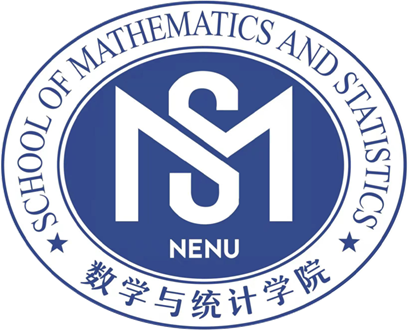报告人:顾雨琦
报告地点:腾讯会议ID: 912650263
报告时间:2023年11月16日星期四9:00-11:00
邀请人:孟祥斌
报告摘要:
Cognitive diagnostic models (CDMs) are a popular family of discrete latent variable models that model students’ mastery or deficiency of multiple fine-grained skills. CDMs have been most widely used to model binary or polytomous item response data. With advances in technology and the emergence of varying test formats in modern educational assessments, new response types, including continuous responses such as response times, and count-valued responses from tests with repetitive tasks or eye-tracking sensors, have also become available. Variants of CDMs have been proposed for modeling such responses recently. However, whether these extended CDMs are identifiable and estimable is entirely unknown. We propose a very general diagnostic modeling framework for modeling arbitrary responses with minimal assumptions, and establish identifiability in this general setting. Surprisingly, we prove that our general-response CDMs are identifiable under Q-matrix-based conditions similar to those for traditional categorical-response CDMs. Our conclusions set up a new paradigm of identifiable general-response CDMs. Furthermore, we propose a universal EM algorithm to efficiently estimate a broad class of exponential family-based CDMs (ExpCDMs). We conduct simulation studies under various response types. The simulation results not only corroborate our identifiability theory, but also show the superior empirical performance of our estimation algorithms. We illustrate our method via a real data example of response times from the TIMSS study. If time permits, I will also talk about how to incorporate an identifiable deep generative modeling component in the general-response CDMs.
主讲人简介:
顾雨琦,现任哥伦比亚大学统计系助理教授。本科毕业于清华大学数学系,随后在密歇根大学安娜堡分校统计系获得博士学位。目前,主要专注于潜变量模型、心理计量模型和统计机器学习等研究领域。已在Ann. Stat.、J. R. Stat. Soc. B、JASA、Stat. Sin.、Psychometrika、J. Mach. Learn. Res等统计学、心理计量学、机器学习领域的国际顶尖学术期刊发表多篇学术论文。

